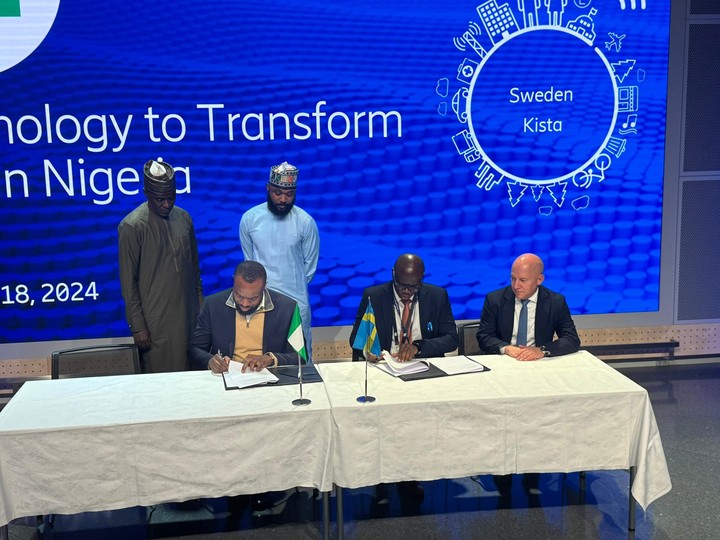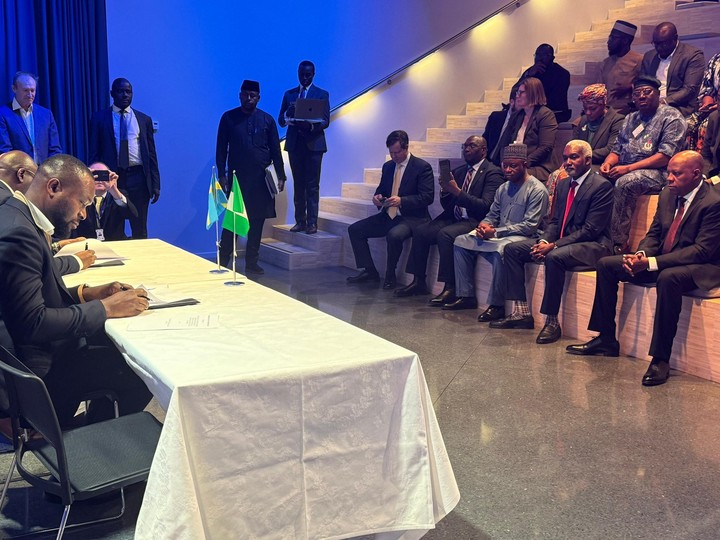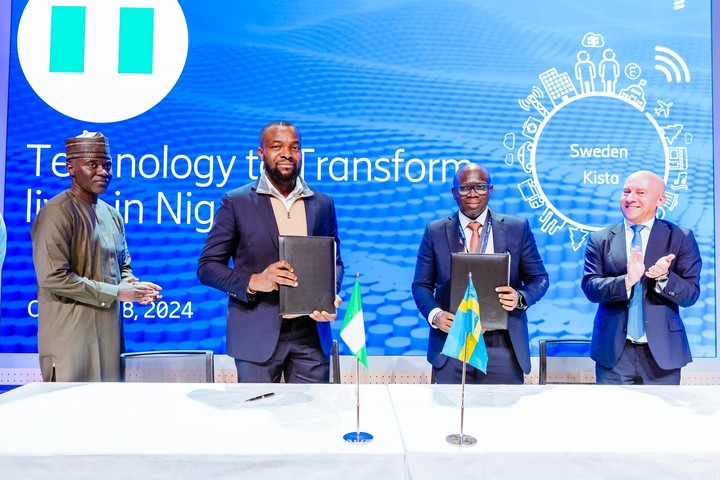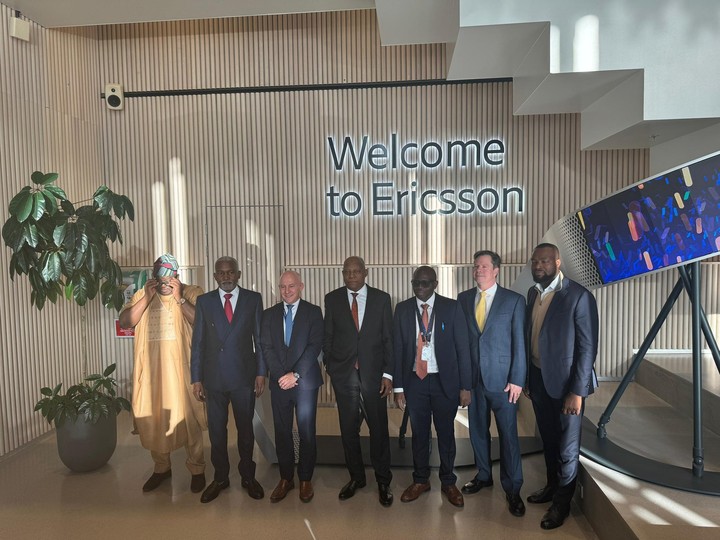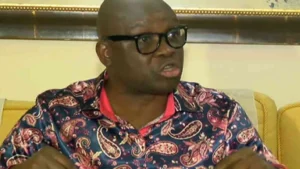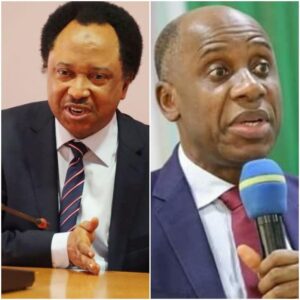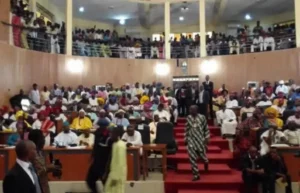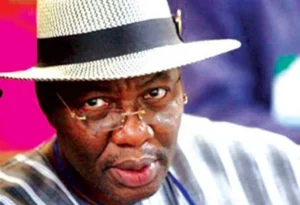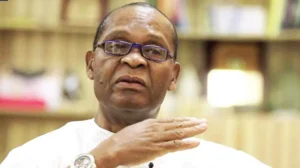In a landmark agreement to boost its digital infrastructure, Nigeria has signed a Memorandum of Understanding (MoU) with Swedish telecom giant Ericsson to establish a 5G Innovation Lab. This partnership marks a significant milestone in Nigeria’s journey towards becoming a global player in 5G technology and digital transformation.
The deal was signed in Sweden during Vice President Kashim Shettima’s official visit, where he led Nigerian officials in high-level discussions with Ericsson at their Global Headquarters in Kista, north of Stockholm. This lab will drive innovation by focusing on developing new 5G-based applications for agriculture, mining, education, and general connectivity, improving the quality of life for Nigerians.
Ericsson, one of the world’s leading telecom companies, is renowned for pioneering mobile networks globally. Their collaboration with Nigeria is expected to enhance the country’s digital capabilities, fostering a faster, more connected society that will open new opportunities for businesses, technology enthusiasts, and everyday users.
5G is the fifth generation of mobile networks, known for its incredible speed and low latency, up to 100 times faster than 4G. This technology will revolutionize how businesses operate, allowing for quicker communication, real-time data sharing, and more efficient use of technology across different industries.
For Nigeria, adopting 5G means more than just faster internet speeds. It will unlock new possibilities in areas like smart agriculture, where farmers can use real-time data to optimize crops, and education, where students can access high-quality online learning platforms without delays. Industries like healthcare, mining, and logistics can also benefit from the seamless integration of data and enhanced automation.
Minister of Communications and Digital Economy, Dr. Bosun Tijani, who signed the MoU on behalf of Nigeria, expressed his optimism about the long-term benefits of 5G for the country. He emphasized that the 5G Innovation Lab is not only aimed at boosting productivity but also at diversifying Nigeria’s economy by integrating digital technology into various sectors.
“This partnership with Ericsson will deepen our relationship with global tech leaders and strengthen our efforts to modernize Nigeria’s economy,” said Minister Tijani. He added that the government’s focus is on harnessing the benefits of 5G to achieve economic reforms outlined in President Bola Tinubu’s “Renewed Hope Agenda.”
Vice President Shettima also highlighted the potential of 5G technology in enhancing Nigeria’s oil and gas sector. During his visit, he explored how 5G can be used to improve the security of oil facilities, prevent oil theft, and monitor pipeline activities in real time. This would be a game-changer for the Nigerian economy, as oil remains a key driver of the country’s revenue.
By deploying 5G in the oil sector, Nigeria hopes to leverage advanced technologies like real-time sensors, automated monitoring systems, and remote surveillance to prevent losses and improve the management of its natural resources.
In addition to the 5G deal, Vice President Shettima’s visit to Sweden also included a strategic engagement with Scania, a world leader in sustainable transport solutions. The discussions at Scania’s headquarters in Södertälje centered on finding eco-friendly transportation options for Nigeria.
Scania’s expertise in biofuels, electric vehicles, and compressed natural gas (CNG) technology aligns with Nigeria’s growing need for greener, more efficient transportation. Vice President Shettima emphasized the importance of exploring all available options to reduce Nigeria’s carbon footprint while modernizing its transport infrastructure.
As Nigeria continues to face challenges in its transportation sector—such as high fuel costs and inefficient public transport systems—the partnership with Scania could pave the way for solutions that are both sustainable and economically viable. Scania’s heavy-duty trucks and buses, powered by biofuels or CNG, could offer cost-effective alternatives that would benefit Nigeria’s industries and public transportation networks.
Further strengthening the ties between Nigeria and Sweden, Vice President Shettima held high-level discussions with Swedish Prime Minister Ulf Kristersson. The talks covered various topics, including expanding trade, regional security cooperation, and exploring more strategic partnerships between the two nations. Both leaders expressed a shared commitment to deepening collaboration in technology, innovation, and sustainability.
Shettima’s visit to Sweden also involved meetings with Norrsken, a venture capital firm known for investing in startups. Norrsken recently launched a $205 million tech investment fund, with about 40% of the capital dedicated to supporting African startups, including Nigerian tech entrepreneurs. This investment is a huge boost for Nigeria’s growing digital economy and highlights the country’s strategic importance in the African tech scene.
As Nigeria steps into the future with 5G technology and sustainable transport solutions, these partnerships with Ericsson and Scania signal a new era of growth for the country. The establishment of the 5G Innovation Lab will not only strengthen Nigeria’s digital infrastructure but will also foster innovation across key sectors, from agriculture to education.
The commitment to exploring green transport options also reflects Nigeria’s dedication to addressing environmental challenges while modernizing its economy. By collaborating with global leaders in both technology and sustainable development, Nigeria is positioning itself as a forward-thinking nation ready to compete on the global stage.
With the government’s focus on digital transformation, economic diversification, and sustainability, Nigeria is paving the way for a future driven by technology, innovation, and inclusive growth.
